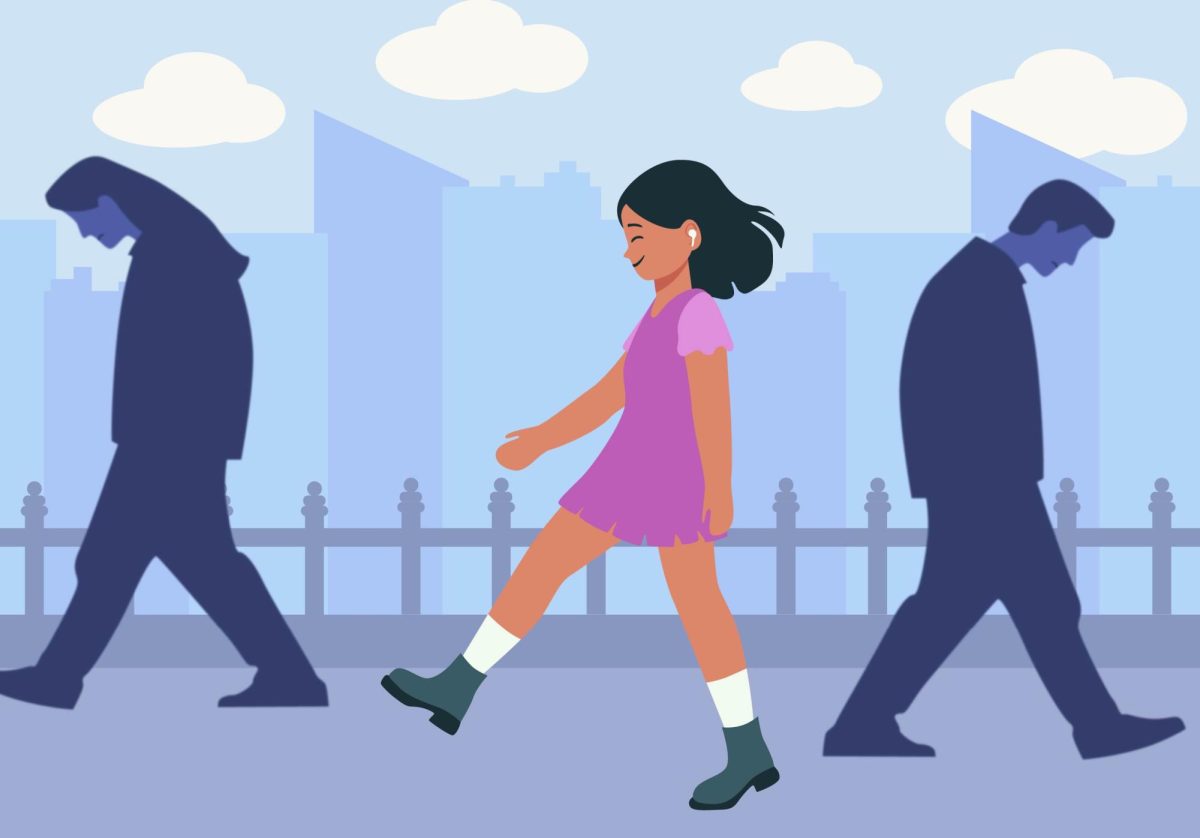I was laughed at a month ago when I suggested a little-known federal government program known as the National Animal Identification System was akin to modernizing Nazi holocaust practices.
After all, who should care if some chickens or other farm animals will be required to have radio frequency identity tags implanted into them by 2009? And who should care if farmers will be required to report all movements of the animals to the government?
The Nazis used tattoos and paper cards and carried out the holocaust because they were carrr-rrrazy. We’re using the Global Positioning System and radio chips and are doing it to track the spread of bovine diseases and avian flu – not to mention injecting chips into pets so they don’t get lost. Microchipping babies is unthinkable, right?
Not in Mexico, where a company called Solusat markets the rice-sized VeriChip to parents who fear their children will be abducted. Other uses include using the chip as a credit card or a storage device for medical information.
Proponents of chip-tracking technology like columnist Kirby Snell at the University of Evansville Crescent argue we have nothing to fear from chip technology and that there is nothing inherently wrong with implants that allow people to be tracked anywhere and everywhere at any time. Chips are good, they say.
Yeah, chips are good like a metal shackle around the throat.
First, the tags will be voluntary. The rich and the privileged will get the chips to make it fashionable and acceptable. Former Wisconsin Gov. Tommy Thompson already has volunteered to get the chip implant.
Employers like surveillance company CityWatcher.com already have jumped to implement the technology. Some City Watcher.com employees already had chips injected into their arms.
Next the chip will be incorporated into everyday activities such as going to a theme park or shopping. Wannado City theme park in Florida has patrons wear wristbands that allow them to be tracked. Wal-Mart has been tracking consumer habits using radio frequency identity tags implanted into packaging of products like Gillette razors. General Motors’ OnStar system has been tracking drivers’ every moves for a decade.
After chipping people becomes normal, expect the crackdowns on people who refuse to submit. Laws will start being implemented requiring everyone to be chipped by de facto mandate. A chip will be needed to get a driver’s license or passport. Insurance companies can celebrate once again because without a chip, doctors won’t treat you, and insurance won’t cover you. Some aspiring politician will push for laws to require the lowlifes of society, pedophiles and child rapists, to be chipped for, we are told, “our own safety.”
Chips will be marketed as the next thing you can’t live without. For many people, as was the case with cell phones and iPods, the glitz, social pressure and promotions will outweigh the negatives like the loss of privacy and loss of unabated brain waves.
Speaking of brains, the tags act as little brains storing information about their carriers and can be accessed by those with the know-how. The tags act as brain manipulators without ever having to plug into the brain à la “The Matrix.” People with tags will condition themselves never to have a devious thought. The deeper self will be killed by the self.
Thoughts of men wearing skirts or being vegetarian or of accepting ourselves as beautiful have been self-conditioned out of many of us. These tags are another step in the eradication of the notions of freedom, peace and privacy of the self.
I thought it was bad enough my beloved First Avenue music club has started requiring workers to use their fingerprints as IDs.
It’s for your own good, we’re told. Without money, the world would fall into degenerative chaos, we’re told. Without war, there would be no peace. Without medication, we have no true emotions. And without radio frequency identity tags, our sense of personal freedom could never exist. The people and corporations in power tell us a lot of things to make it seem not so bad.
I know better. It’s bad enough to make one fade into the anonymous hillsides of Ireland or secretly travel the United States in a van that runs on vegetable oil. In this fight between savages and the tech-savvy world state, I’d rather be a savage.
Karl Noyes is the Daily Editorials and Opinions editor. He welcomes comments at knoyes@mndaily.com.







